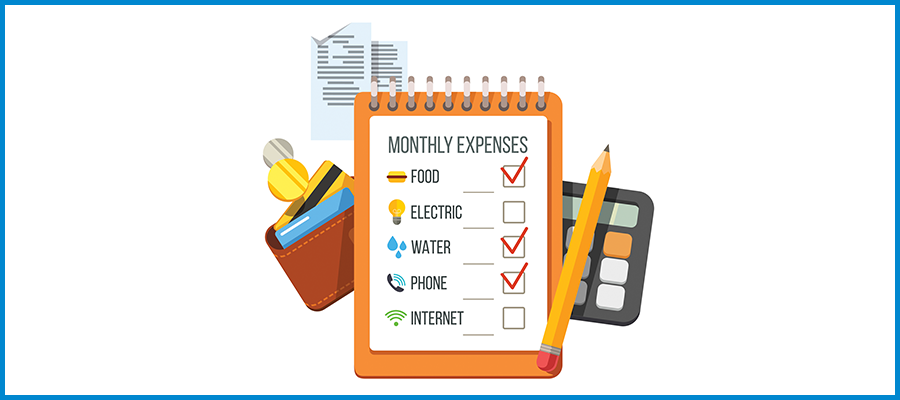The cost of surviving


A version of this article was first published in Holyrood Magazine, 20 December 2022
At this moment, it feels wrong to address what we’re living through as a cost-of-living crisis, since most people are barely living on what they have. They are surviving. People are striving each day to survive on their small wages to fulfil huge responsibilities.
With the rise in inflation and ever-increasing prices, people need almost twice as much than what they currently have to spend on what’s referred to as our basic human needs, including heating, shelter, food. In 2022, there are still people in Scotland living in absolute poverty: the lack of enough resources to fulfil their minimum human needs; with Scotland’s Poverty and Inequality Commission putting the number of working age people living in poverty at 1 in 5. We need to stop viewing the number of people living in poverty as a statistic until it applies to us or our loved ones.
The crisis has put a strain on not only the financial aspects of life but is causing health problems and discrimination too. The effects and stress of poverty eat away at you; poverty leads to people losing their homes due to debt and needing to make the awful decision between keeping your family warm or having a plate of food. Poverty can lead to family problems and affect education which might create difficulties securing a stable job.
As the days in Scotland get shorter, darker and colder, bills have increased and the price of heating homes has skyrocketed. In a conversation about the cost-of-living crisis with young people who are care experienced in Scotland we discussed how it has affected them. Most feel local authorities are not taking responsibility to look out for them, they don’t feel included in council budgets for support. It’s a view echoed by care leavers in England too. There is lingering feeling of a repeated cycle where during a crisis, care leavers are left to fend for themselves. There is a lack of enough resources, and young people are anxious, having to make impossible money decisions as the pressure of the crisis has hit home and affected most of them worse than anticipated.
While energy companies are giving out vouchers to help with fuel bills in the short term, this has not been a direct method. By November, there were still households yet to receive the October voucher with very little knowledge of when these will arrive. Community places are serving breakfast and dinner, but some of the venues have limited capacity which means needing to make a booking in advance, something that’s difficult for someone already struggling to afford the phone call or internet data to book.
This is a state of emergency. A recent event with the WEAll Alliance Scotland I attended with CELCIS, The Promise Scotland and many others, to look at the concept of a ‘wellbeing economy’, focused in on what’s needed for everyone having enough to live on now and in the future. The cost-of-living crisis has gotten out of control, people seem to be holding on for dear life, with care leavers at the top of a shaky pile without the safety-net of the ‘bank of mum and dad’ when money is short.
People are not asking for diamonds and gold, only a warm house and food on their plate. Having to not choose one OR the other in 2022; I mean seriously, in 2022? As President Joe Biden said: “Don’t tell me what you value, show me your budget, and I’ll tell you what you value”. What do your budgets scream Scotland? Are we putting our people first this winter and all the coming seasons ahead?
Commenting on the blog posts: sharing comments and perspectives prompted by the posts on this blog are welcome.
CELCIS operates a moderation process so your comment will not go live straight away.


